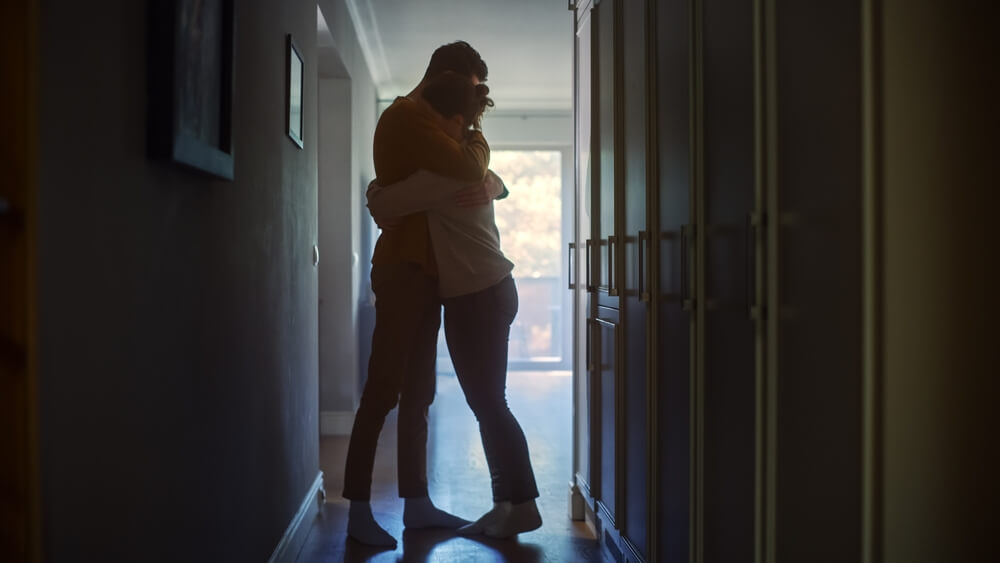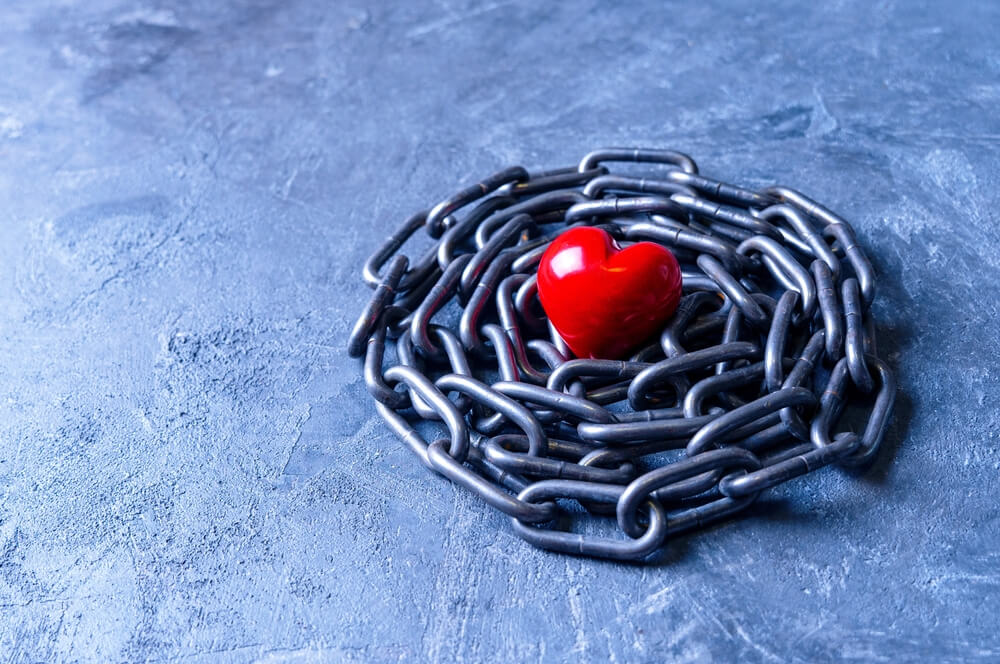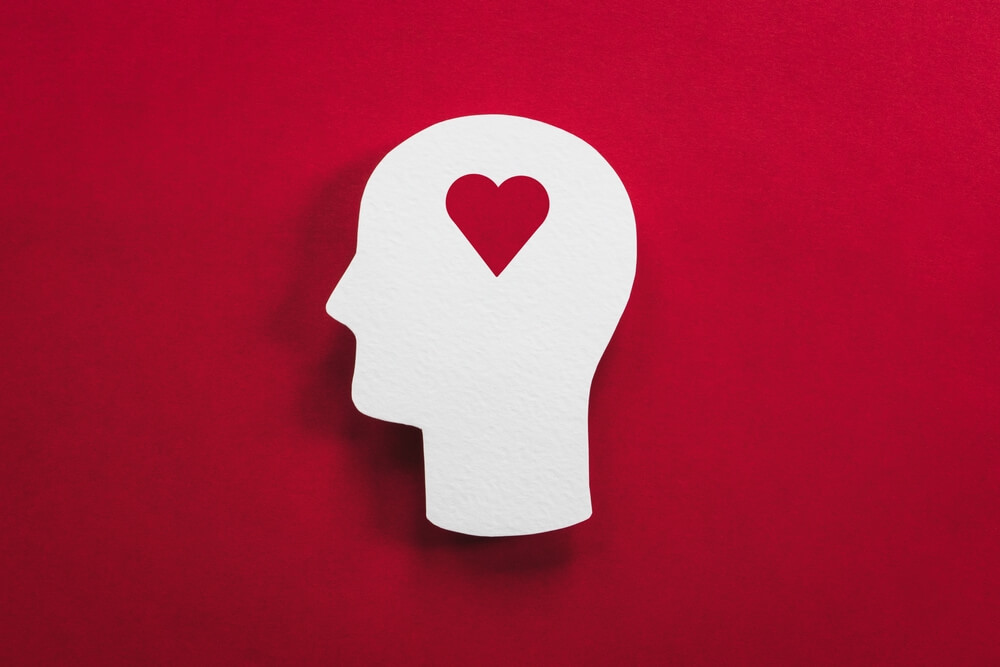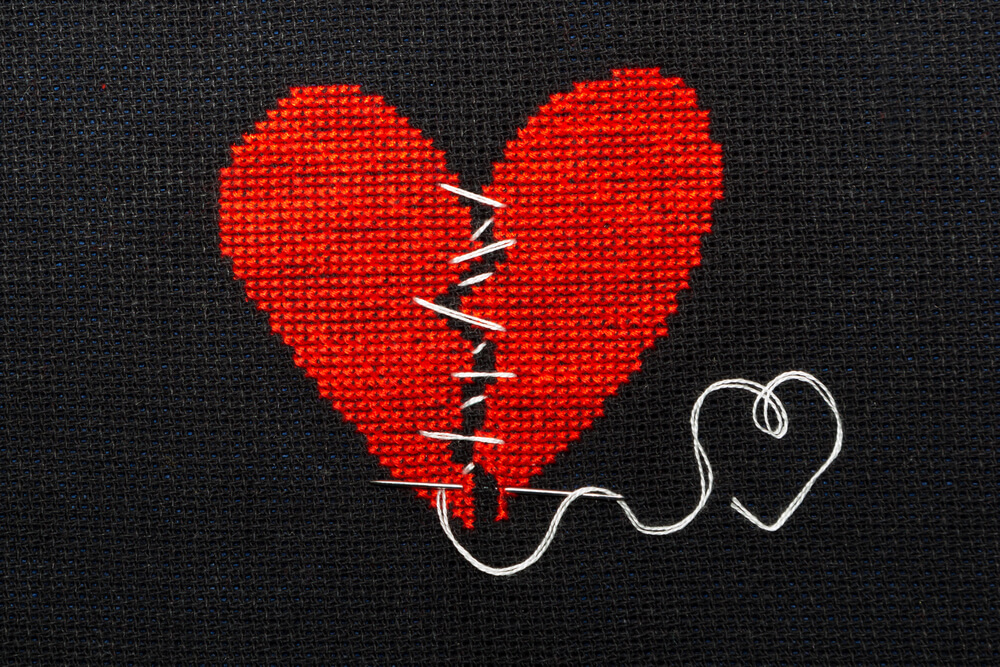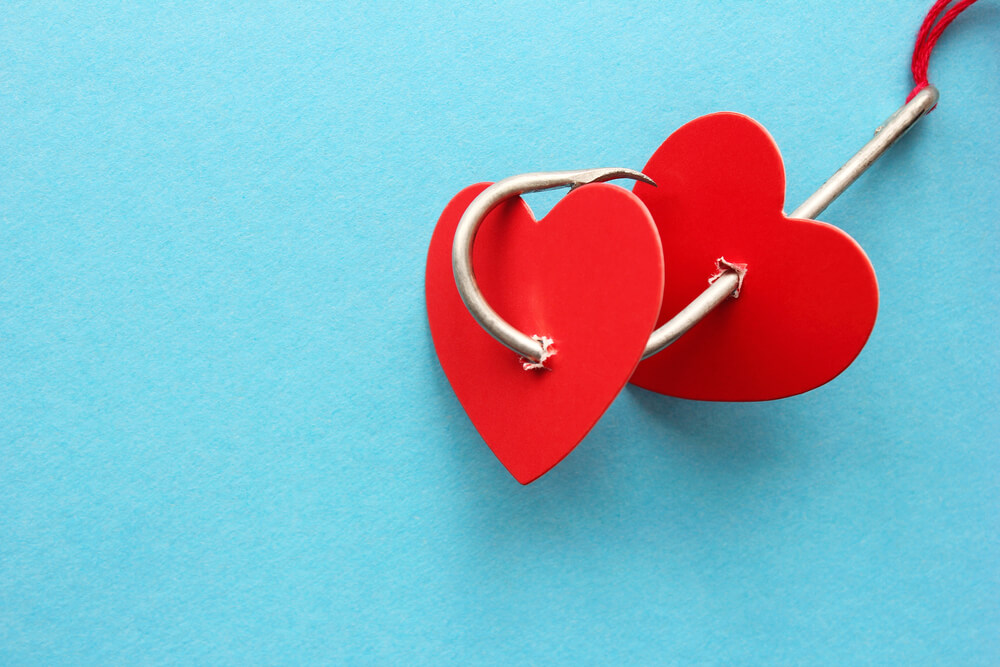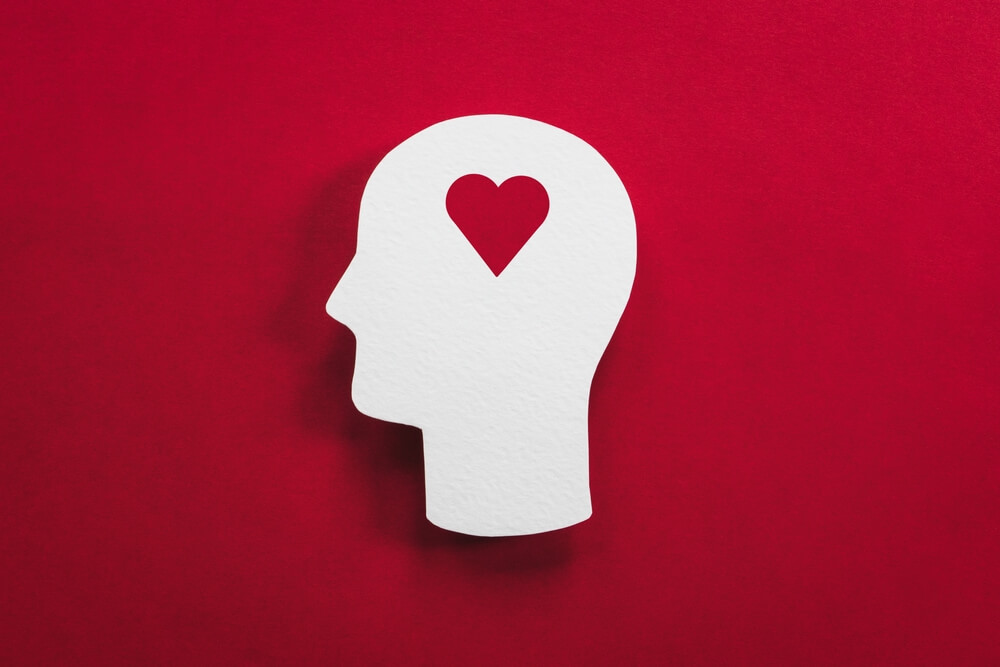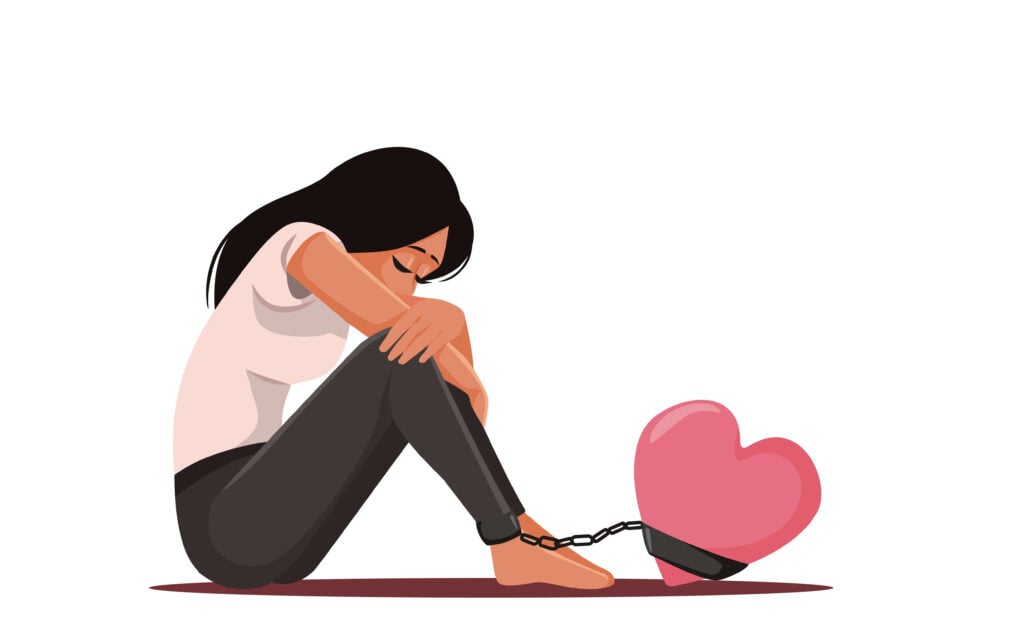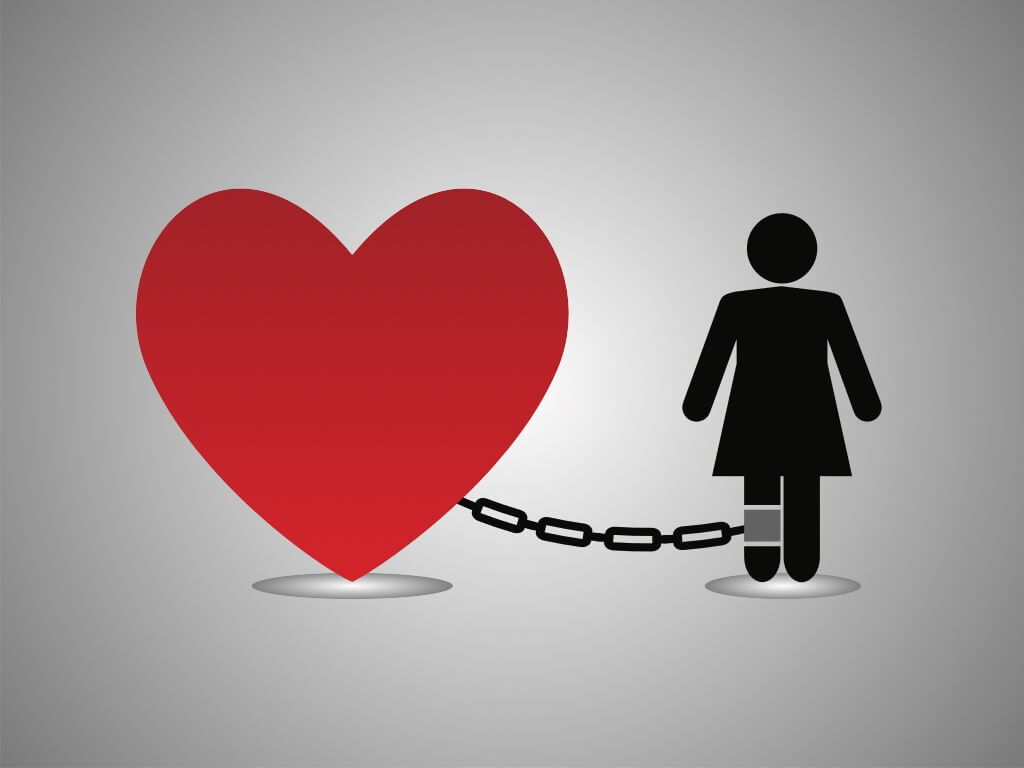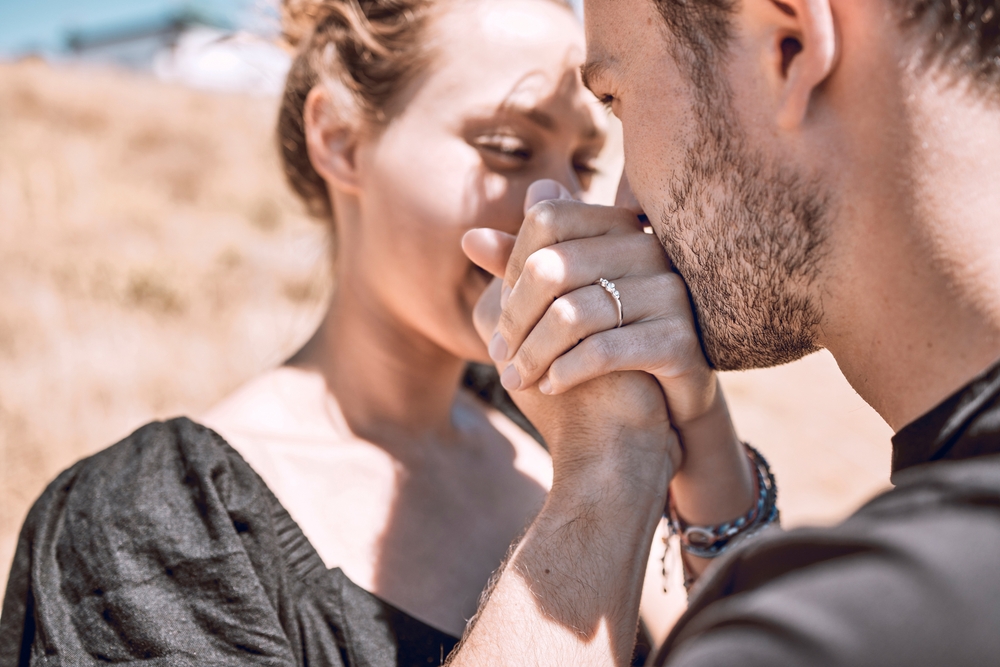Embarking on a journey to overcome the effects of your most common attachment style is akin to navigating the intricacies of your own emotions, a pilgrimage towards self-discovery and emotional liberation. It’s a tender voyage through the recesses of the heart, where the echoes of longing and vulnerability reside.
Healing anxious attachment is an intimate dance with yourself, a courageous endeavor to rewrite the narrative of your own emotional landscapes and forge connections that resonate with security and trust. It requires a lot of work, building up your confidence and learning to set solid boundaries in your relationships. Still, it’s achievable. You’re not bound to it indefinitely.

Can You Ever Heal Anxious Attachment?
Although anxious preoccupied attachment, and other insecure styles are typically developed in childhood, it does not mean they’re unalterable. An efficient way to modify them is through earned secure attachment, which you can develop in adulthood with effective therapy and positive life experiences, such as a sense of confidence and security in your relationship with others.
How to fix anxious attachment style? Self-reflection and personal growth play an essential role in overcoming unhealthy patterns and empower you to maintain fulfilling and healthy relationships while also feeling comfortable being alone.
Can You Heal Anxious Attachment On Your Own?
Each of us experiences a variety of emotions, both positive and negative, every day, particularly in a relationship. Whether your relationship is slightly struggling or healthy and flourishing, they can be emotional rollercoasters. At times, the ride is beautiful, and you feel a constant fluttering of butterflies. However, emotions can also be so overwhelming that you feel like you’re on a thrill ride without any control.
How to self-soothe anxious attachment? Luckily, through some practice, learning how to self-regulate your emotions can be easy. Changing the way you think and practicing mindfulness are some healthy techniques that can help. Self-regulation means understanding the triggers in your relationship and how you tend to respond emotionally.
To know how to soothe your emotions, first, you must know what can stir them. Some triggers that are common for anxious attachment style in relationships include the following behaviors of your partner:
- Inconsistent behavior.
- Seeming distracted or distant.
- Forgetting big events, like anniversaries or birthdays.
- Failing to notice a new thing (such as a haircut).
- Not responding to a message when you expect them to.
- Coming home late.
These can cause you to become too emotional in your attempt to re-establish a connection with the partner, resulting in emotional attempts to get their attention. Examples of managing to self-regulate your feelings include:
- Calming down when you’re too stimulated.
- Resisting strong emotional responses to upsetting situations.
- Not becoming aggressive or too angry when handling a conflict.
- Managing the frustration if the partner’s plans change.
Practicing the following techniques can help you improve emotional self-regulation and develop healthy responses.
Anger Management
Rather than confining your anger and then letting it burst at your partner or directing it towards yourself, start by recognizing what you’re starting to feel and communicate it clearly to your partner by saying something like: “I’m hurt. I understand that you most likely didn’t intend that. I’m concerned about our relationship because _ _ _ _ _.”
However, it’s important to be aware that this can be effective with a partner with secure attachment, while an avoidant partner could find it triggering because closeness to another person frightens them. This is why an ideal match for you could be a securely attached partner.
Mindfulness
This powerful technique allows you to take a breath and separate what you feel and how you react to it. Through mindfulness, you become aware of where you are and what you’re doing. In time, it will make you feel calmer instead of becoming aggressive or discontent.
Altering Thought Patterns
Cognitive reframing can help improve your self-regulation abilities by changing the way you think. An effective way to do this is to anticipate your negative emotions and thoughts and write them down. Then, challenge these thoughts by analyzing evidence to the contrary.
For instance, you may think that if you let your partner know how you really feel, they’ll leave you. Now, think back to when you did let them know how you felt. So, did they leave? Once you come to this realization, you’ll be able to create a healthier thought to replace the negative one.
Professional Assistance
Experienced professionals can help you recognize unhealthy methods of self-regulation. Together, you can go through your triggers and come up with healthy ways of handling your emotions and avoid harming your relationship.
How Do You Break The Cycle Of Anxious Attachment?
Working on learning how to heal anxious attachment can improve your interpersonal relationships and your mental health. It can help you have a happy, less stressful life, alongside many other benefits. Taking these simple steps, you can start shifting your attachment towards a more secure style.
Recognize The Signs
The first step towards healing is recognizing the emotions and behavior patterns that indicate you have an anxious attachment style in relationships. Becoming aware of a problem makes it easier to overcome it. Here are some signs of anxious attachment:
- Codependency.
- Intense discomfort at the thought of being alone.
- Low self-esteem.
- Fear of rejection.
- Fear of being abandoned.
- Harboring negative emotions such as distrust and jealousy.
- Preoccupation with relationships.
- Highly sensitive to others’ emotions.
Acknowledging the pain of your experience and replacing it with positive emotions can help you make significant improvements.
Learn From Others
Engaging with others who have secure attachment can help you realize it’s important for both partners to have their needs met. You can learn:
- To understand how important it is to have calmness, stability, and emotional closeness in a relationship.
- While you cannot change past experiences, you can certainly change the present.
- It’s important to voice your emotional wants and needs, even if you fear disappointing your partner.
Build Self-Esteem
Improving your self-esteem will help you worry less about rejection and need less reassurance if you struggle with anxious preoccupied attachment. Being open with needs and emotions and accepting that your partner might not be able to meet them is an important part of building self-esteem. It can also help to:
- Focus on positive things about yourself.
- Accept your body and mind without feeling the need to change.
- Increase knowledge about your attachment.
- Accept ability and skills without comparison to others.

PIVOT Is Your Path To Healing Anxious Attachment
Whether you want to gain a deeper understanding of attachment styles or learn how to cope with an insecure style, you can opt for our amazing Glass House retreats or highly personalized individual coaching. Our devoted specialists will approach you with compassion and care to help you navigate through the intricacies of rediscovering your self-worth and building a steady way towards healthy relationships. Get in touch with our experts today!
